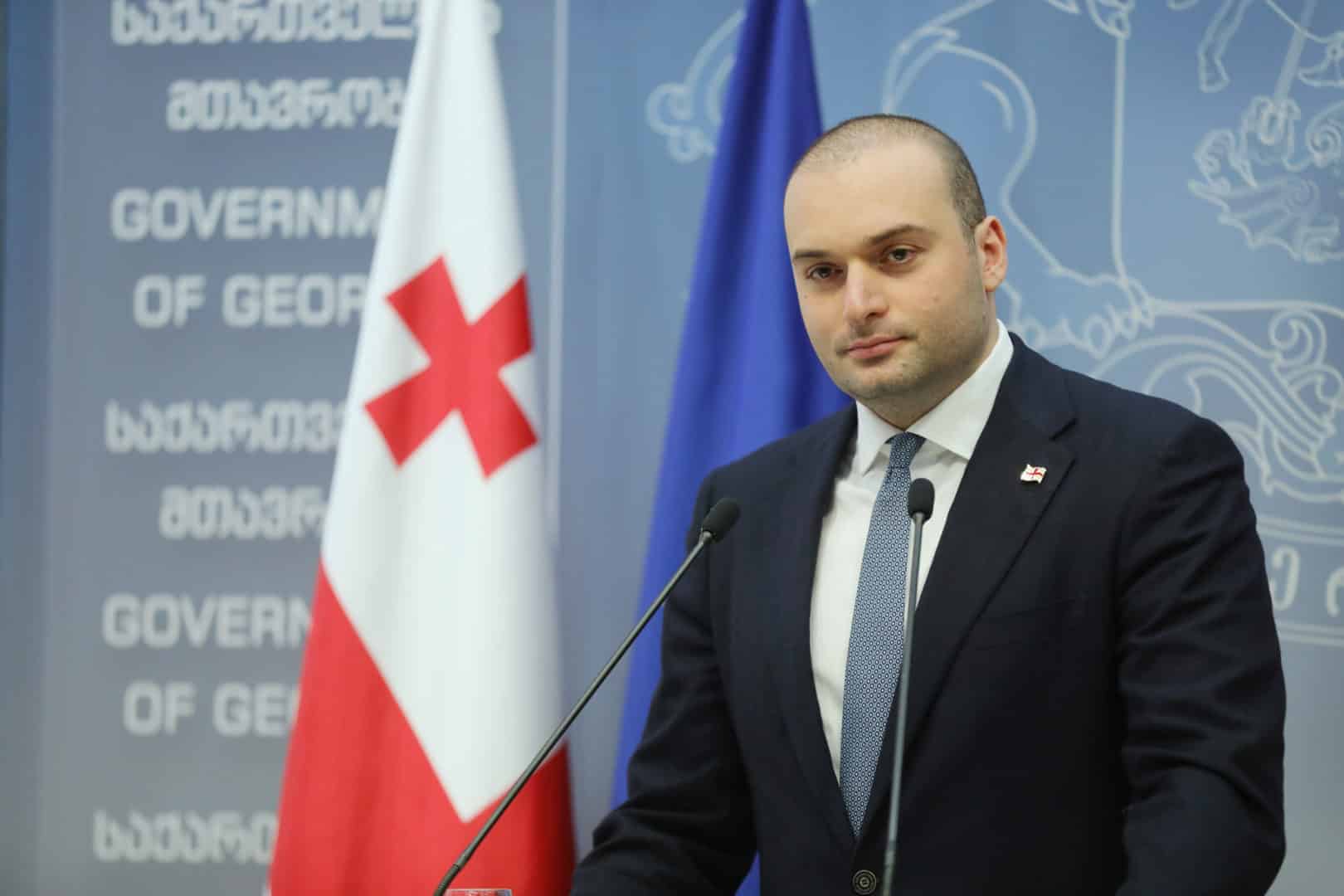On 2 September Georgia’s Prime Minister Mamuka Bakhtadze announced his resignation after vacating the position for a year and two months. Bakhtadze came to power after the previous PM resigned following anti-government protests and a dispute with the founder of the governing Georgian Dream party. Bakhtadze pledged to push for liberal reforms and move the country towards a more Euro-centric path. Before becoming Prime Minister Bakhtadze served as the minister of finance. On Tuesday 3 September 2019 the Georgian Dream party nominated the current interior minister Giorgi Gakhariam as its candidate for Prime Minister. A risky move since his resignation as interior minister was demanded by the protesters in the 2019 Georgian protests due to the excessive police force used against the participants. Giga Makarashvili, one of the main organizers behind the recent protests stated that the appointment of Gakharia will trigger a new wave of protests. After appointing a new Prime Minister the parliament will need to approve the candidate. On top of that a new cabinet has to be formed which has to be approved by the parliament as well.
Calls on Georgian Dream party to hold proportional elections
Bakhtadze announced his resignation on Facebook, stating that he has fulfilled his mission. Which according to Bakhtadze was to create and implement a strategic development framework for the country. He called on the Georgian Dream party to hold proportional elections in 2020 with “zero barriers “, in order to allow “new faces” to enter the parliament. This would be the first time elections in Georgia will be held according to a proportional electoral system instead of a mixed system. Thus giving smaller parties a better chance of making it into the parliament.
Warns against divisions in Georgia
Furthermore, Bakhtadze warned against divisions in the country that could harm its interest, stating: “we must always remember that the only one who will win from the polarization of Georgian society will be an occupying country”. His warning seems to allude to the invasion of two Georgian regions by Russian forces in 2008, which caused the two countries to cease diplomatic relations. After all these years Russian- Georgian relations are still tense. Shown by the heavy protests in June 2019 that erupted when a Russian member of the Russian Dum delivered a speech about the brotherhood between Russia and Georgia while sitting in a seat belonging to the Head of Parliament. His warnings also appeared to hint at the current domestic problems such as limited media freedom and the economic (mis)management, the resignation of Bakhtadze comes amid growing criticism on the government as the national currency has reached an all-time low exchange rate.
Criticism from opposition
Several opposition members claimed that the resignation of Bakhtadze was not his own choice but a move plotted by the founder of the Georgian Dream party, Bidzina Ivanishvili. Segi Kapanadze from the opposition party European Georgia stated that: ‘We all understand very well that his resignation was not Bakhtadze’s decision just like it wasn’t his decision to become Prime Minister. It was Ivanishvili’s decision. Roman Gotsiridze from the United National Movement told journalists that recent repressions and prosecutions of high profile Georgians such as Bank and TV station owners serve the purpose of remaining in power. “The dismissal of Bakhtadze serves this purpose as well”.
What next?
The resignation is likely to cause more tensions in Georgia, with new elections in 2020 in mind the current government is doing its best to strengthen its position. But the dismissal of Bakhtadze could very well backfire on the Georgian Dream party, with criticism from the opposition rising. Dissatisfaction among the population is growing due to stricter media control and a decline in the exchange rate of the national currency. The possibility of new protests in front of the parliament is rising which could in turn be ended with excessive police violence like the last wave of protests in June.
Sources:



